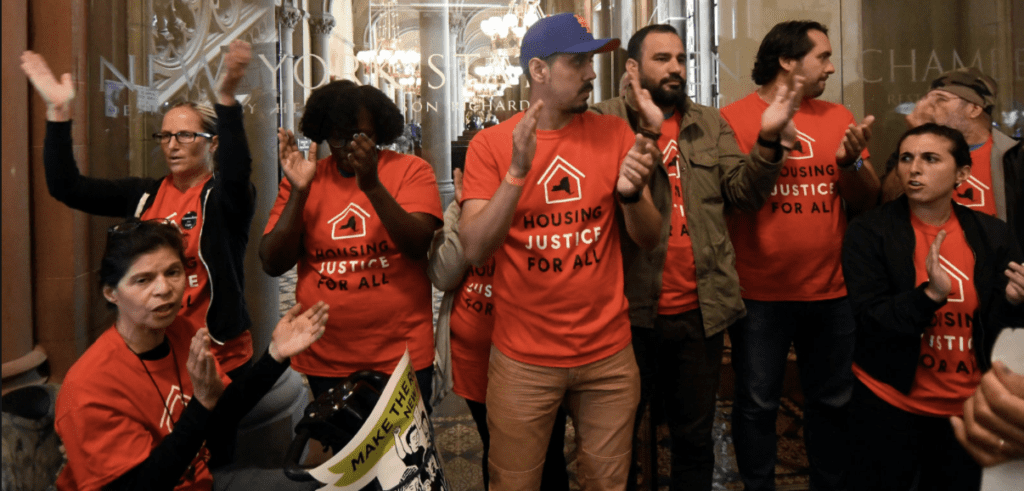Allison Argueta /
Esperanza Immigrant Rights Project /
California, USA /
My name is Allison Argueta Claros and I’m a second-year student at Gallatin studying public policy, journalism, and migration studies with a focus in Latin America and the Caribbean. This summer I will be working as an intern in a community education program sponsored by the Esperanza Immigrant Rights Project.
Esperanza is a nonprofit legal organization that has been empowering immigrants through education and legal representation for about ten years. Esperanza provides legal services to immigrants in detention, unaccompanied minors, and individuals with complex immigration cases involving a criminal history.
I am particularly interested in the case of those who have a criminal record due to crimmigration, a term that denotes how immigration law and enforcement has become so enmeshed with criminal law provisions. Crimmigration became increasingly apparent starting in the 1980s when immigration laws became more punitive. Notably, in 1996, the Department of Homeland Security greatly expanded the definition of aggravated felony, a conviction unique to immigration law that can lead to deportation. Crimes of moral turpitude, which include offenses seen as base, vile, or depraved, are also grounds for deportation.
My interest was born from my study of migration narratives, where a recurring narrative arose: the good immigrant vs. bad immigrant. The “good immigrant” is clearly defined: educated, skillful, young, and most importantly, exceptional. The definition for the “bad” or “undeserving” immigrant tends to be more ambiguous, and it tends to get applied to a larger number of immigrants.
Obama’s “Felons, Not Families” era of deportation facilitated more deportations, family separation, and a stronger conception of the “bad” immigrant. During Trump’s presidency, the “bad immigrant” became synonymous with nearly anyone who does not appear “American,” and immigrants were automatically deemed a threat to national security.
Hailing from a predominantly immigrant community and a mixed-status family, discussions about deportation are commonplace in my environment, but discussions about resources to ensure legal representation are not. According to the American Immigration Council, only 37 percent of all immigrants and a mere 14 percent of detained immigrants secure legal representation. Without legal counsel, immigrants often have a slim chance of success, especially if they have a criminal record.
This summer, I hope to better understand the ways that the court system treats immigrants and to observe if the deportation machine will perhaps slow down under a new administration.
 Inadequate housing has been a prominent issue all throughout history. As a result of recent events–namely, the onset of the coronavirus pandemic–it has been especially exacerbated. Many housing organizations have campaigned fiercely for tenant and homelessness relief, but forms of legal redress such as eviction moratoriums have been temporary and have required repeated mobilization.
Inadequate housing has been a prominent issue all throughout history. As a result of recent events–namely, the onset of the coronavirus pandemic–it has been especially exacerbated. Many housing organizations have campaigned fiercely for tenant and homelessness relief, but forms of legal redress such as eviction moratoriums have been temporary and have required repeated mobilization. 
